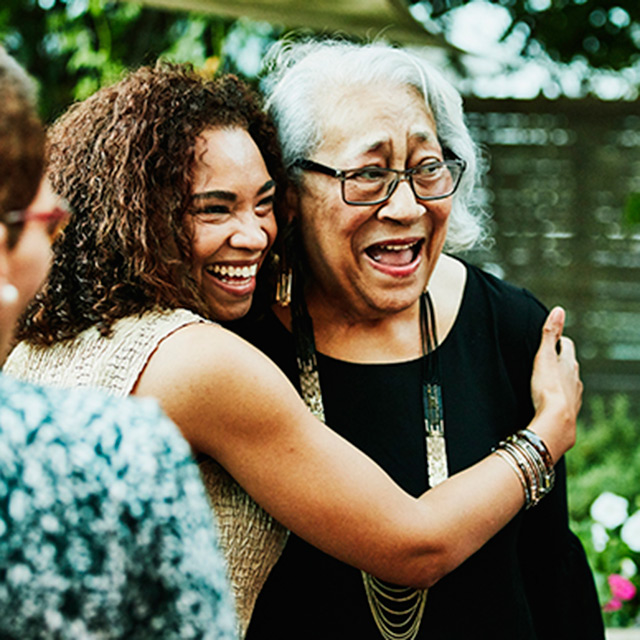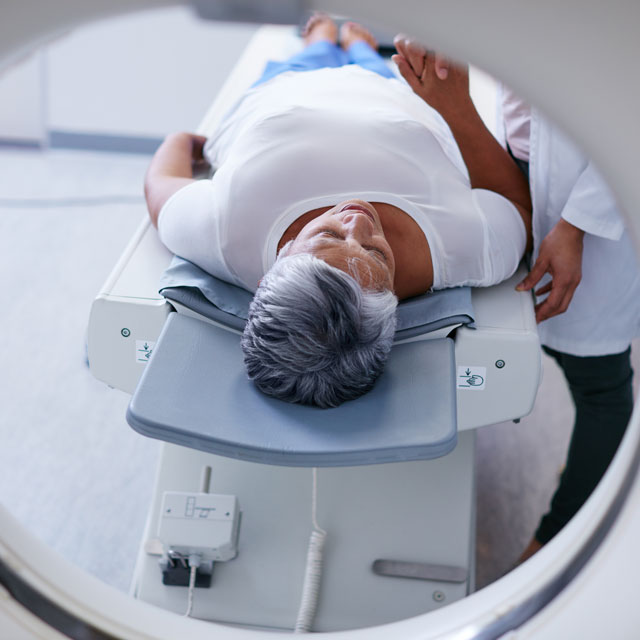We answer the top six questions about this deadly disease.
In the United States, lung cancer is the leading cause of cancer death and the second most common cancer among both men and women, according to the American Cancer Society. We sat down with an expert at Vanderbilt-Ingram Cancer Center to help you understand the most important lung cancer facts.
1. I have never smoked. Am I still at risk?
“Some people who have never smoked get lung cancer,” said Dr. Robert Ramirez, an oncologist at Vanderbilt-Ingram Cancer Center.
However, 80 percent of cases in women and 90 percent in men occur in smokers, he added.
2. I’ve smoked most of my life. If I quit now, will it even matter?
“Though the risk of getting lung cancer does not fall to levels of non-smokers, even over long periods of time, quitting does lower the risk of heart disease and cancers other than lung cancer,” Ramirez said. There are studies that demonstrate an improvement in survival in patients with who quit after they are diagnosed. It’s never too late to quit.
After 10 years, the risk is half that of someone who continues to smoke, he said.
3. Aside from smoking, what other causing factors?
The inhalation of toxic substances other than tobacco smoke can contribute to the risk of lung cancer, Ramirez said. These include radioactive substances such as radon and uranium, asbestos and fumes from smelters and blast furnaces in foundries.
4. What symptoms might mean problems in the lungs?
“Symptoms of lung cancer include, but are not limited to: weight loss, shortness of breath, persisting cough, any coughing up of blood, recurrent lung infections and chest pain,” Ramirez explained. “Any of these symptoms should be discussed with a doctor or nurse.”
5. Do I need to get screened for lung cancer?
People ages 50-80 who have smoked at least 20 pack years are candidates for screening, Dr. Ramirez said.
A pack year (defined by the CDC) is smoking one pack of cigarettes per day for one year. For example, a person could have a 20 pack-year history by smoking one pack a day for 20 years or two packs a day for 10 years.
Those who get screened need to be committed to adequate follow up in the event of abnormal screening results, Ramirez said. And of course, people with symptoms of lung disease need to discuss their circumstances with a doctor, nurse or other health practitioner.
6. What else do I need to know about screenings?
Some people with a smoking history may blame themselves for being at risk of getting cancer and subsequently avoid screenings. It is important to remember that if you do get diagnosed, screening can help find it early, when treatment may work better — and that it’s never too late to quit smoking.
“When you get a lung cancer screening, your doctor may ask you if you smoke, ask if you’re ready to quit smoking, and tell you about proven steps that can help you quit,” Ramirez said. “Most people who use tobacco try to quit several times before they succeed. No matter how long you have used tobacco, quitting can reduce your risk for lung cancer and other chronic diseases.”

Don’t Delay
Vanderbilt’s Lung Cancer Screening Program offers yearly lung screening computed tomography (CT) scans for patients who are at high risk of lung cancer because of age and/or smoking history.
You’re considered high-risk if:
- You’re between the ages of 50-80;
- You’ve smoked cigarettes in the past 15 years;
- You have a smoking history of at least one pack per day for 20 years or comparable (i.e., ½ pack per day for 40 years).




